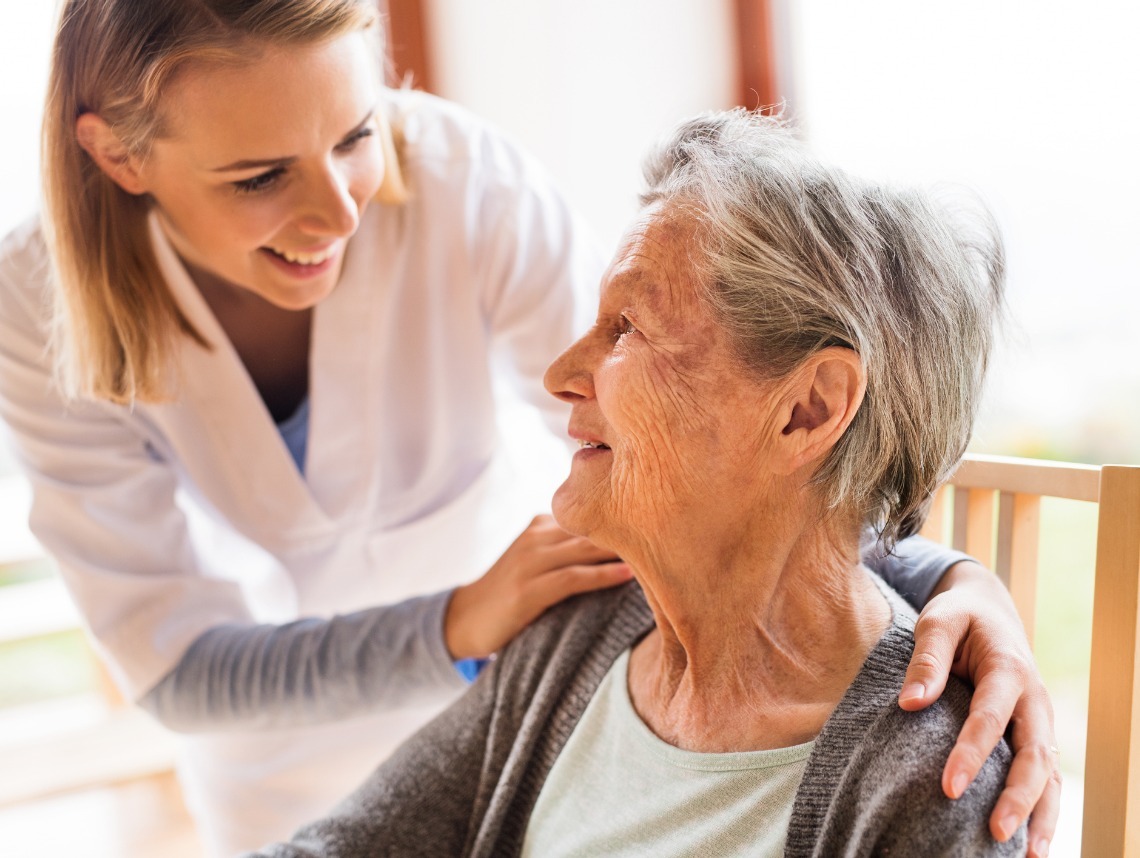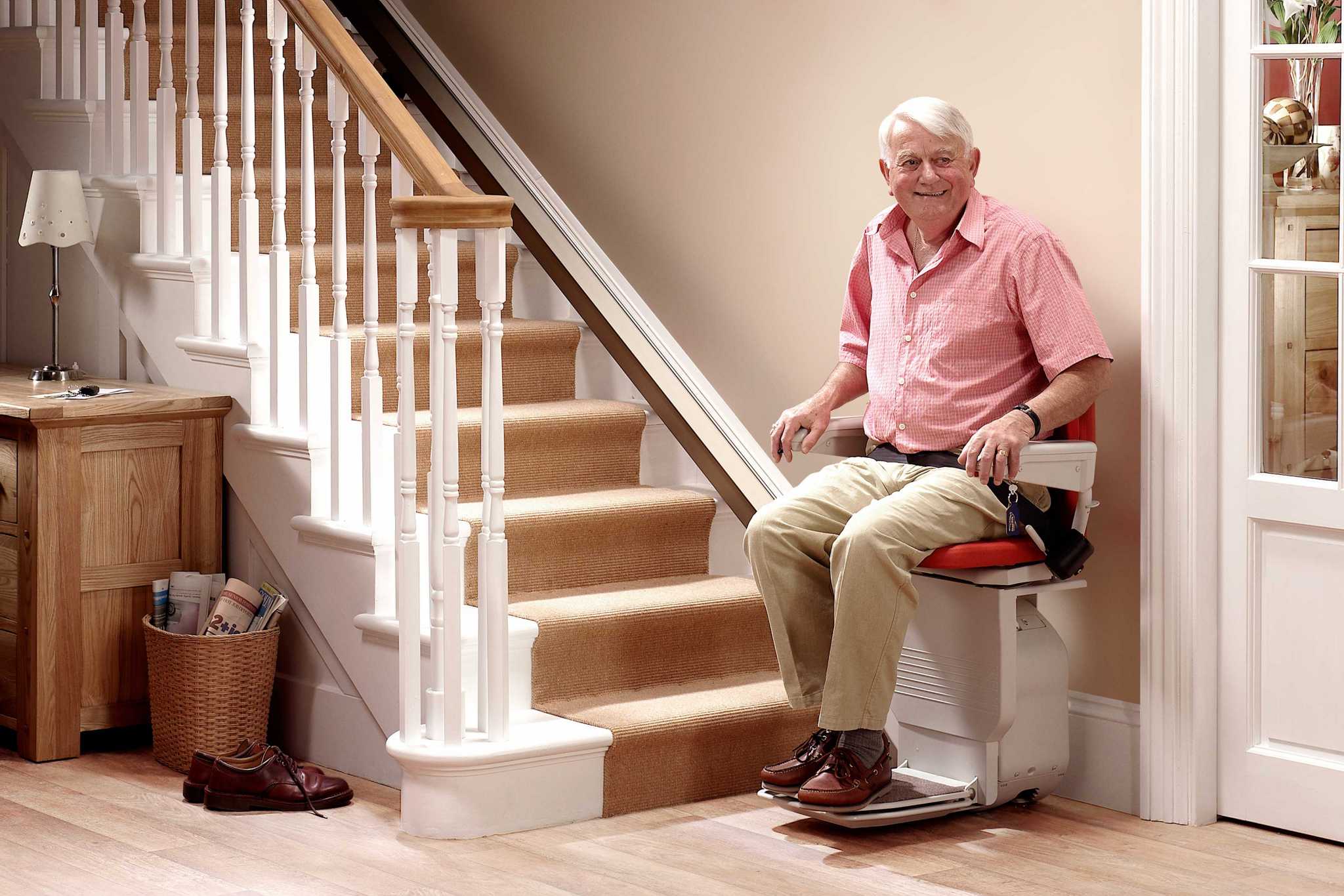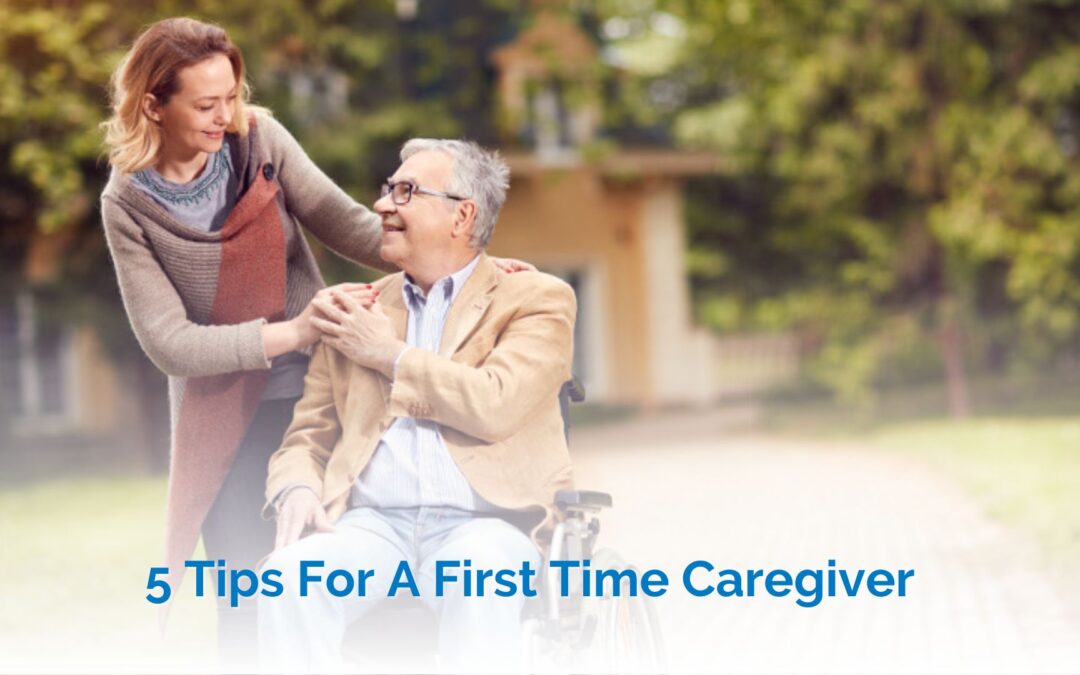Becoming a caregiver for the first time can be a challenging experience. Whether you are caring for an aging parent, a family member with a disability, a friend in recovery, or even a veteran, the responsibilities can feel overwhelming. But do not worry; you’re not alone in this journey. Approximately 43.5 million Americans are caregivers navigating their way through similar challenges.
With the right guidance and these five tips for a first time caregiver, you can make this caregiving journey more manageable and provide the best care possible.
1. Educate Yourself
First on our list of tips for a first time caregiver, is to educate yourself. As a first time caregiver, you should learn about your loved one’s condition or illness. Knowing this will help you take better care of them and make smart decisions. Here are some resources you can use:
- Research: Start by searching online for reliable sources like medical websites, books, or articles about your loved one’s condition.
- Talk to Experts: Don’t hesitate to chat with healthcare pros like doctors and nurses. They can give you a deeper understanding of what’s ahead. Make sure to ask questions and write down notes during medical appointments.
- Join Support Groups: Consider joining support groups where you can connect with other caregivers facing similar challenges. These groups can offer valuable insights, emotional support, and practical advice from people who have been there.

2. Create a Care Plan
The process of creating a well-thought-out plan to provide effective care and maintain your loved one’s quality of life includes:
- Understand Their Needs: First, figure out what your loved one needs. These needs could be medical care, emotional support, or help with everyday tasks.
- Make a Detailed Plan: Write down everything you need to do, schedules, and responsibilities involved in caregiving. Your care plan should cover medication management, dietary restrictions, mobility assistance, and emotional support. Also, remember to include a schedule for doctor’s appointments and therapy sessions.
- Stay Flexible: Things can change, and so should your plan. Check-in on it often and be ready to change things if your loved one’s needs change. Flexibility and adaptability are key in caregiving, so be prepared to make necessary adjustments to ensure the best care possible.

3. Seek Support from Others
Caring for someone you love can be tough on your emotions, so do not be afraid to ask for help. It is like a team sport; having others on your team can make things easier and stop you from getting too tired. Here’s what you can do:
- Talk to Friends and Family: Chat with your friends and family. See if they can help out by taking care of your loved one for a little while, helping with chores, or just being there to listen and support you. It is important to talk openly and honestly so everyone knows what is going on.
- Look for Support: You can also get help from support groups for caregivers like you. Or you can talk to a professional who knows all about caregiving. They can give you advice, emotional support, and tips for dealing with stress and not getting too worn out.
But, even if you have tried everything and still feel persistently low or sad, lose interest in activities you once enjoyed, or are anxious all the time, do not hesitate to talk to a professional. They can offer the right advice and help you get through it.
4. Ensure Safety at Home
Allowing elderly loved ones to live in their homes provides a valuable chance to preserve their autonomy and beloved daily routines. To make that happen, you need to know how to prepare their home by following these steps:
- Look for Dangers: Check your home for places that could be risky, such as the bathroom. To avoid accidents, put grab bars in the bathroom, get rid of stuff you could trip over, and ensure enough light.
- Help with Mobility: If your loved one has trouble moving around, consider getting wheelchairs, walkers, or stairlifts. These can help them stay independent and safe.
- Keep Medicines Away: Make sure medicines are out of reach for kids and pets. And be sure to store all the medical stuff in the right way.
- Stay Ready for Emergencies: Test your smoke detectors, carbon monoxide detectors, and fire extinguishers to make sure they work. Also, plan what to do if a power outage or natural disaster happens.
Despite all the efforts, accidents like falls can still happen, especially among older individuals. The best approach is to stay calm and be prepared for what to do if an older adult falls.

5. Consider Professional Caregiving Help
Caring for a loved one can be physically and emotionally demanding, and it is okay to seek professional help when necessary. Before you start, chat with the caregiver team about your care plan and what you expect to make sure everyone is on the same page.
Consider our team of professional caregivers at Sunny Days In-Home Care, which provides specialized care, allowing you to recharge and prevent burnout. You can relax knowing that our caregivers undergo thorough background checks and receive continuous training to ensure they are always well-prepared and up-to-date to properly care for your loved ones.
End Note
Starting as a first-time caregiver can be a lot. However, by following these five tips for a first time caregiver, you can navigate this journey effectively and provide the best care possible.
If you are feeling overwhelmed or need a helping hand on your first caregiving journey, do not hesitate to consult with our team. We understand the challenges and demands caregiving brings, and we are here to provide you with the support and assistance you need!


